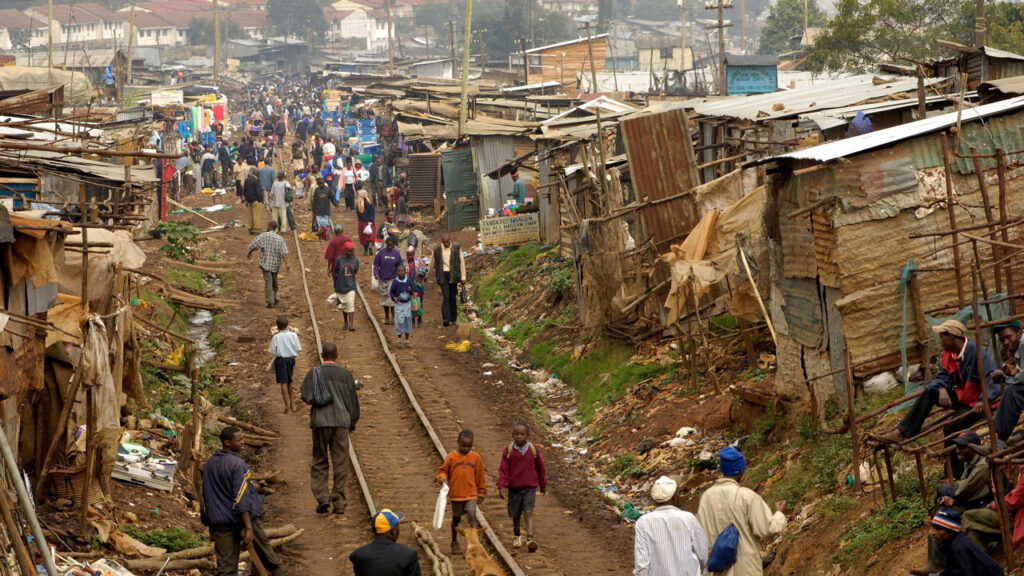Africa is a continent of contrasts, with vast wealth juxtaposed against widespread poverty. A glaring example lies in the fortunes of its wealthiest leaders, whose combined net worth could transform healthcare, education, and sanitation infrastructure across the continent. While international efforts often focus on debt relief, these initiatives fail to address the root issues of corruption and mismanagement—challenges that perpetuate inequality and undermine progress.
Top 10 Wealthiest African Leaders and Their Net Worth.


Potential Infrastructure Projects Funded by Their Wealth
Using their combined net worth of $18.635 billion, here is what could be achieved:

A Flawed Focus on Debt Relief
Debt relief programs, while well-intentioned, often fail to address the systemic corruption that diverts resources away from the people who need them most. Instead, these initiatives inadvertently enable mismanagement and sanction the accumulation of wealth by political elites. The wealth concentrated in the hands of African leaders highlights the disconnect between leadership priorities and the needs of the populace.

Bob Geldof’s Perspective on African Leadership
The late Live Aid campaigner Bob Geldof was critical of African leadership, labeling it as “very weak.” In government documents recently revealed by The Guardian (Carol Davies, December 31, 2024), Geldof urged UK Prime Minister Tony Blair not to appoint an African co-chair to a UK-led aid organization, citing poor leadership and mismanagement as barriers to progress.
Geldof’s skepticism resonates with the current reality. He argued that African leaders often fail to create opportunities at home, pushing citizens to seek livelihoods abroad and risking social upheaval. This critique underscores the urgent need for stronger governance and accountability to ensure that African wealth is used to benefit its people.
A Call for Change
The combined wealth of these 10 leaders demonstrates that Africa has the resources to solve many of its problems internally. However, without transparency, effective governance, and a commitment to public welfare, these resources remain underutilized.
Writing off debt is not a sustainable solution. It perpetuates a cycle of dependency and corruption, as Bob Geldof’s critiques suggest. Real progress requires African leaders to prioritize investments in health, education, and infrastructure—building a foundation for self-reliance and prosperity.
Conclusion
The wealth of Africa’s leaders is a stark reminder of the potential that lies within the continent. Redirecting these resources toward development could transform millions of lives, but it requires courage, accountability, and visionary leadership. It is time for African leaders to rise to the occasion and invest in the future of their nations, ensuring that prosperity benefits all, not just a privileged few.